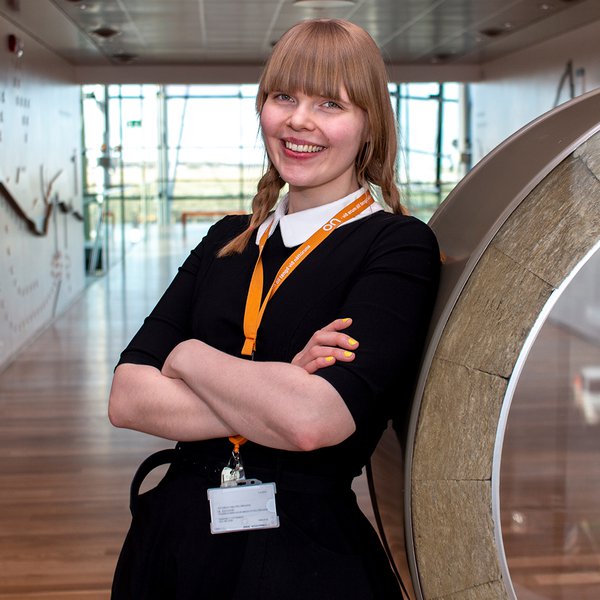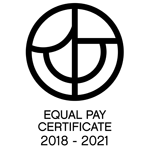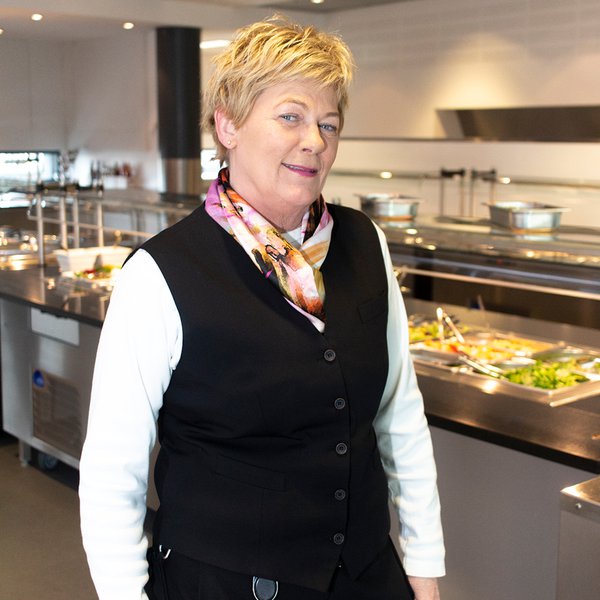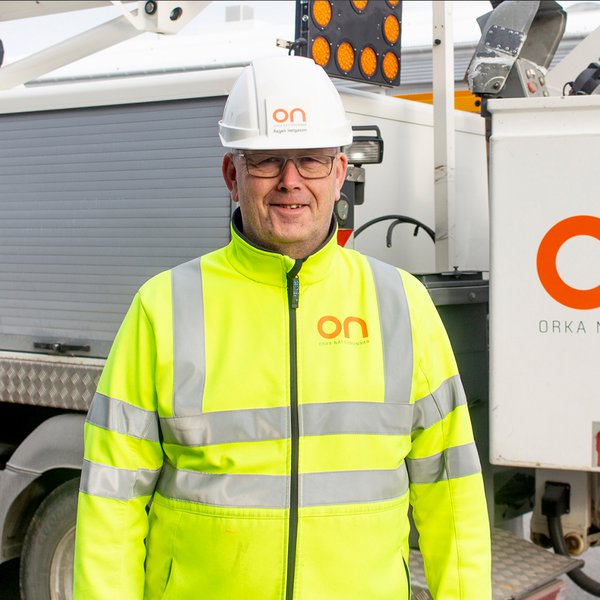Rebekka Hlin has a master’s degree in geology and is specialised in microfossils and paleoclimatology. She works on the Geothermal Energy Exhibition at the Hellisheidi Geothermal Power Plant where she enlightens visitors on the utilisation of geothermal energy. Most of the visitors are foreign tourists who, more often than not, know very little about the subject and Rebekka has therefore taken on the role of a teacher, even though it wasn’t part of her geology training. In her free time, Rebekka is engaged in cabaret and circus acts and dances and juggles with great passion. She also studies prosody and writes poems in traditional Icelandic meters.































